Boeing Starliner departs ISS without its astronaut crew. How to watch it land on Earth tonight
When you buy through links on our articles, Future and its syndication partners may earn a commission.
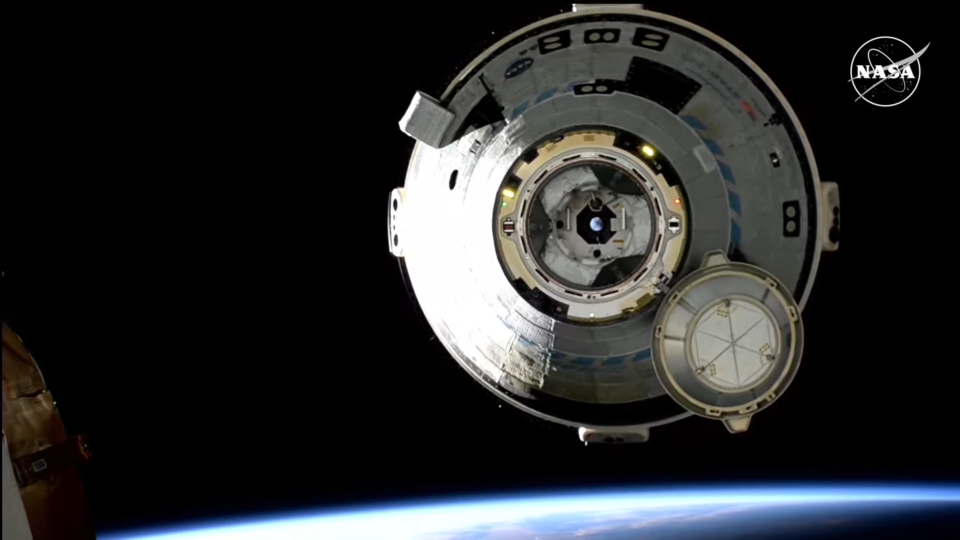
Update for 12:20 a.m. EDT on Sept. 7: Boeing's first Starliner spacecraft to carry astronauts landed safely, without its astronaut crew, early Saturday after a relatively smooth undocking, reentry and landing. Read our full story and see landing video.
Boeing's first Starliner capsule to carry astronauts to the International Space Station left the orbiting lab on Friday (Sept. 6) leaving its crew behind as it prepares for landing, which you can watch live online tonight.
The uncrewed Starliner spacecraft undocked from the station at 6:04 p.m. EDT (2204 GMT) aqs both craft sailed 260 miles above central China on Friday evening. It is scheduled to land on the desert floor of White Sands Space Harbor in New Mexico at about 12 a.m. EDT (0400 GMT) on Saturday, Sept. 7. You can watch that landing live online, beginning at 10:50 p.m. EDT (0250 GMT), courtesy of NASA. See our Boeing Starliner live updates for ongoing coverage.
"She's on her way home. Congratulations to the undocking team," NASA astronaut Sunita Williams, who launched on the Starliner with crewmate Butch Wilmore on June 5, radioed to Mission Control from inside the ISS as her spacecraft drifted away without her. NASA decided to return the Starliner home without crew due to thruster concerns, though the capsule's thrusters appeared to work fine during undocking.
Build Boeing's Starliner!
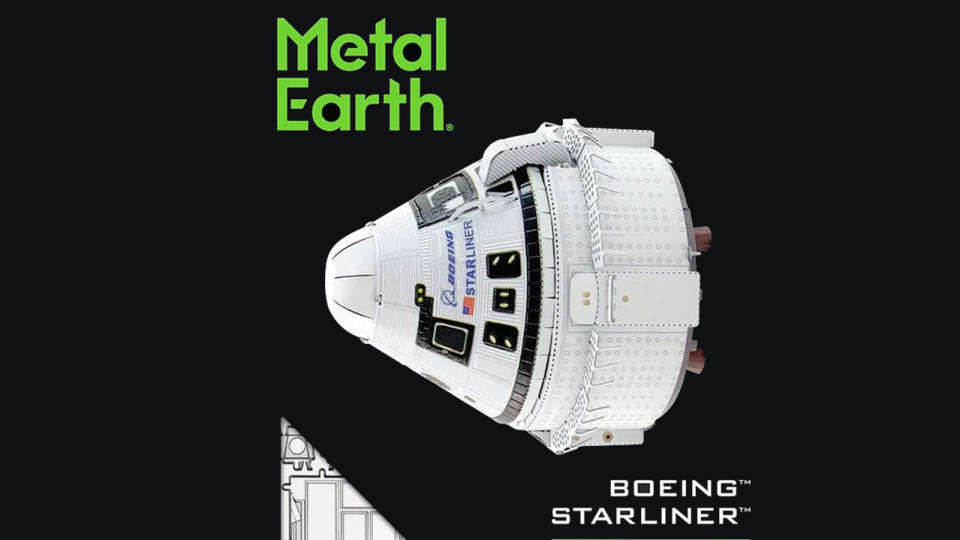
You can build your own Boeing Starliner space capsule with this Metal Earth Boeing CST-100 Starliner 3D Metal Model Kit, available for $10.95 at Amazon.
Starliner's Crew Flight Test (CFT) to the International Space Station (ISS) — the capsule's first-ever human spaceflight — lifted off on June 5 and docked with the orbiting complex on June 6, although the first docking attempt was waved off. Starliner experienced helium leaks before launch and, during docking, five of its 28 reaction control system thrusters went offline.
Related: Boeing's 1st crewed Starliner to return to Earth without astronauts on Sept. 6
CFT was originally supposed to last about 10 days. But NASA authorized a mission extension that eventually stretched to about three months, to allow for extensive ground and space testing on Starliner's propulsion system before senior agency reviews authorizing the spacecraft to land.
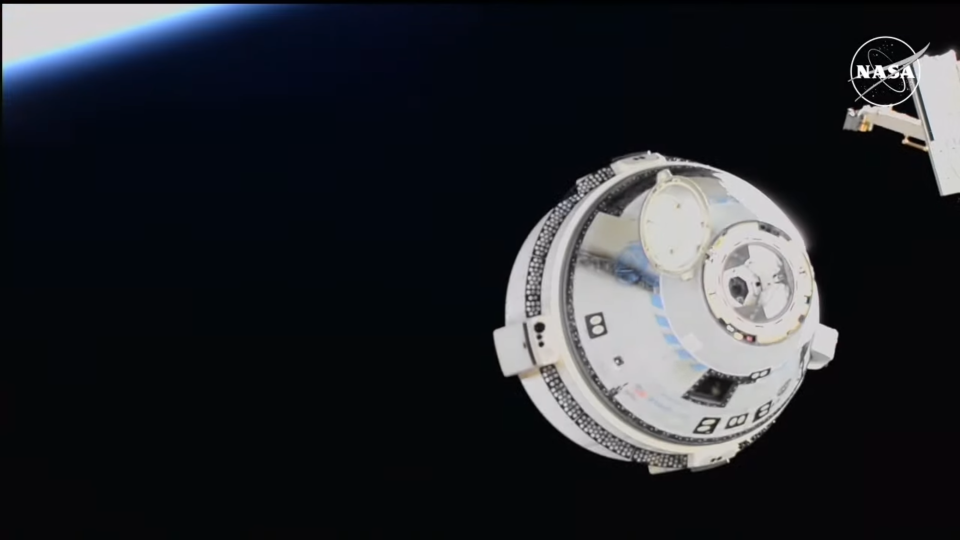
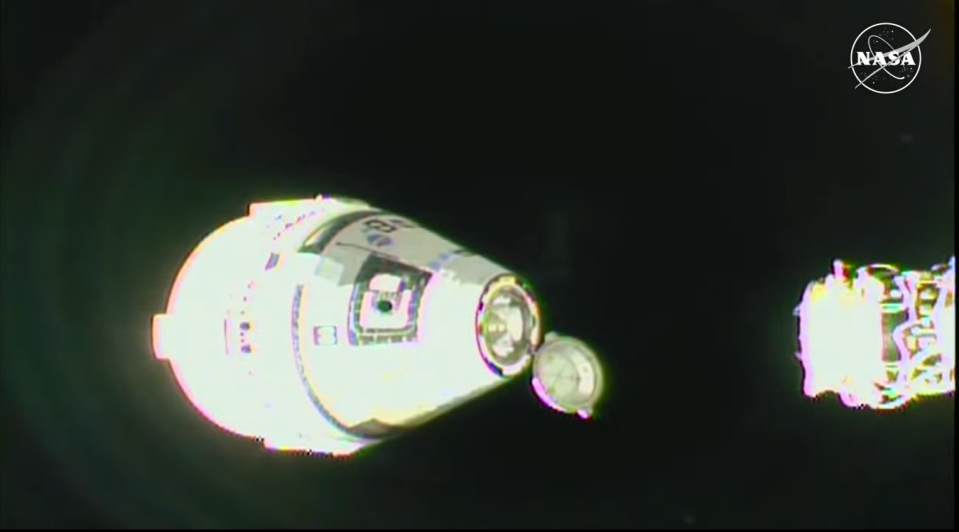
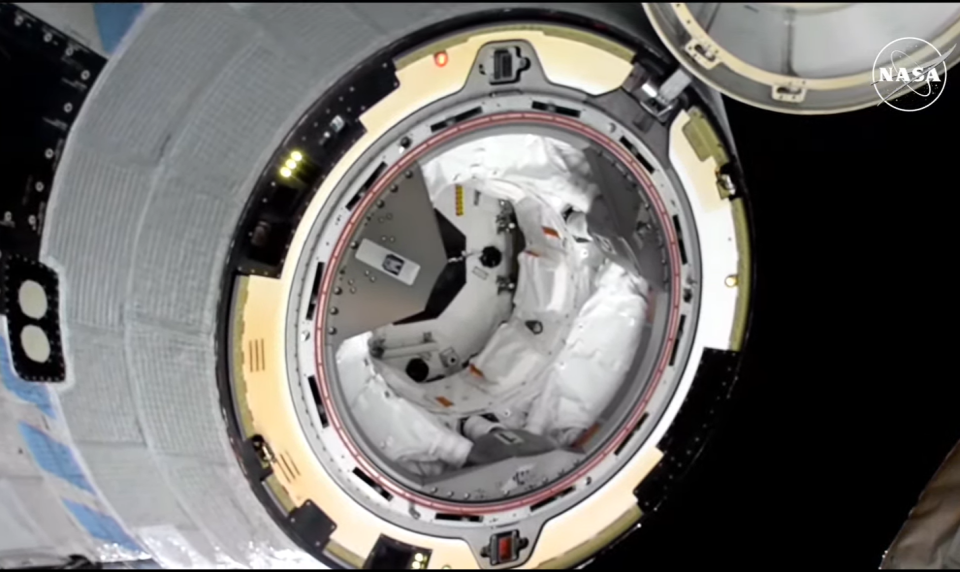
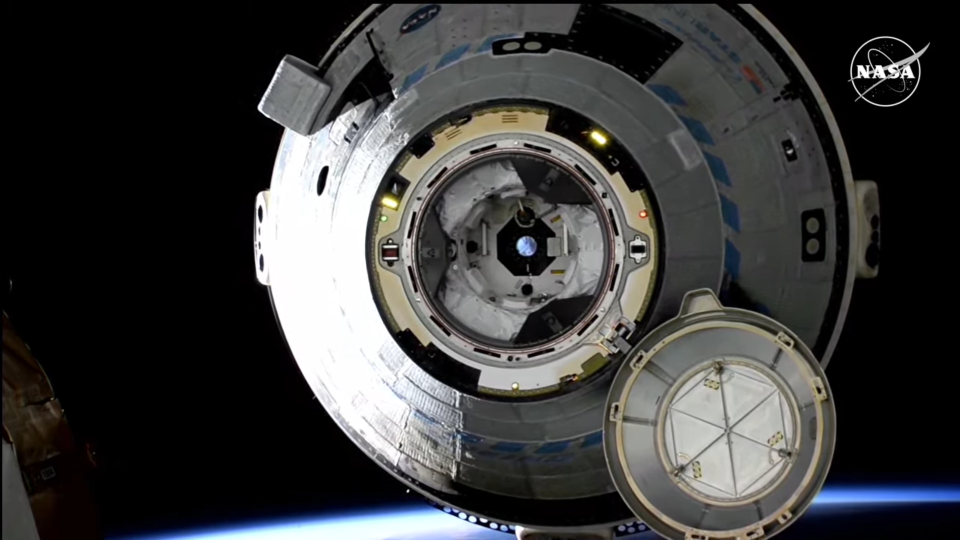
NASA ultimately decided that sending CFT's two astronauts, Wilmore and Williams, home on Starliner was too risky. So the duo will ride home on a SpaceX Crew Dragon in February 2025, while Starliner will return to Earth uncrewed.
As the Starliner Calypso backed away from the ISS, it fired its thrusters in a series of 12 short maneuvers to steer clear of the station as planned. Over the next six hours, it will conduct a series of additional thruster tests, then perform a final deorbit maneuver at 11:17 p.m. EDT (0317 GMT) for a 12 a.m. EDT landing.
"It is time to bring Calypso home. You guys got this," Williams radioed to Mission Control, referring to Starliner by the name her crew chose for it, before the undocking. "We have your back and you've got this. Bring her back to Earth."
SpaceX and Boeing both received multibillion-dollar-contracts from NASA in 2014 for astronaut flights, to fill the crew-carrying shoes of the space shuttle, which retired in 2011. At that time, it was expected those commercial crewed flights would begin in 2017. But technical and funding delays meant that SpaceX did not fly humans until 2020; Starliner waited four extra years, until CFT.
NASA, Boeing, Williams and Wilmore (who are both former U.S. Navy test pilots) have all emphasized the tricky nature of complex developmental projects in aerospace. Specifically, since everyone grapples often with the unknown on a test mission such as CFT, timelines are always subject to change. It's unclear how CFT certification will be affected by Starliner's latest issues, but NASA and Boeing will be examining the process in the coming months.
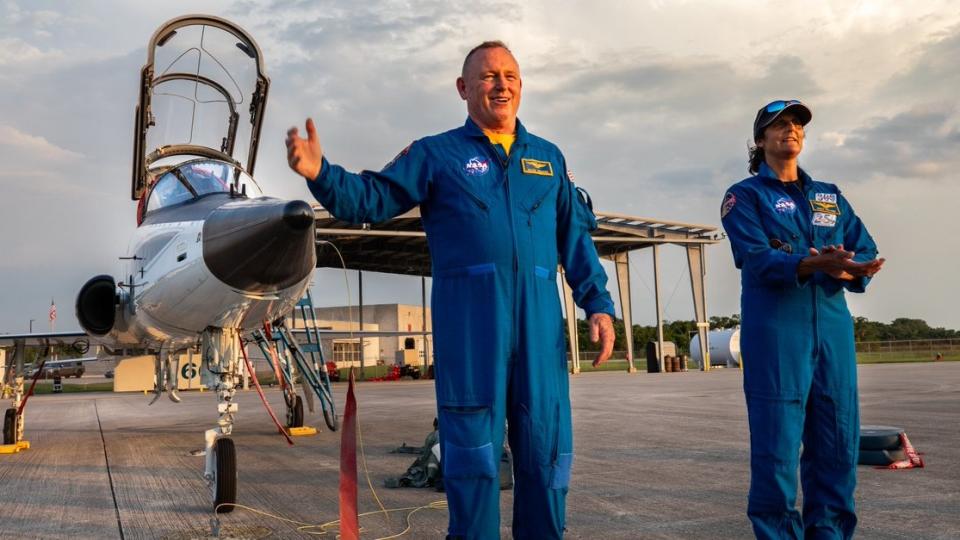
Starliner's first uncrewed test flight to the ISS in 2019, the same year as SpaceX's, did not go to plan; the Boeing capsule failed to reach the station due to technical glitches. Rerunning the mission required addressing dozens of issues; it was also delayed due to the COVID pandemic that erupted in early 2020.
The second uncrewed test flight of Starliner mostly went to plan in 2022, including an ISS docking, although Starliner faced some thruster issues as well. (How those are related to the CFT issues are still being investigated, but officials say it appears to be due to different causes.) CFT was supposed to launch in 2023, but the mission was delayed after issues with parachute loading and wiring wrapped in flammable tape were discovered.
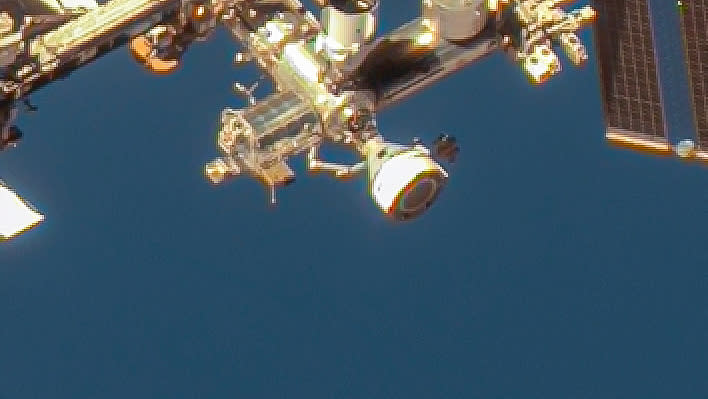
RELATED STORIES:
— Boeing's 1st crewed Starliner to return to Earth without astronauts on Sept. 6
— Boeing Starliner astronauts will return home on a SpaceX Dragon in 2025, NASA confirms
— Here's what Boeing Starliner astronauts are doing on the ISS as NASA works on their ride home
CFT's first launch attempt, on May 6, 2024, was delayed after a valve issue was discovered on Starliner's rocket ride, a United Launch Alliance Atlas V. Post-scrub, officials found a small helium leak in one of Starliner's thrusters.
While not an immediate launch hazard, the leak was investigated for safety reasons, and both NASA and Boeing uncovered a design vulnerability: If enough thrusters went offline, one of the re-entry modes would be affected. NASA certified a new entry mode after performing ground simulations with the CFT crew.
A second attempt at launch on June 1 was scrubbed due to a ground equipment issue, and then Starliner flew to space on the third try on June 5.
Editor's note: This story was updated at 6:53 p.m. ET to reflect the successful undocking of the Boeing Starliner spacecraft from the ISS and include astronaut comments.
